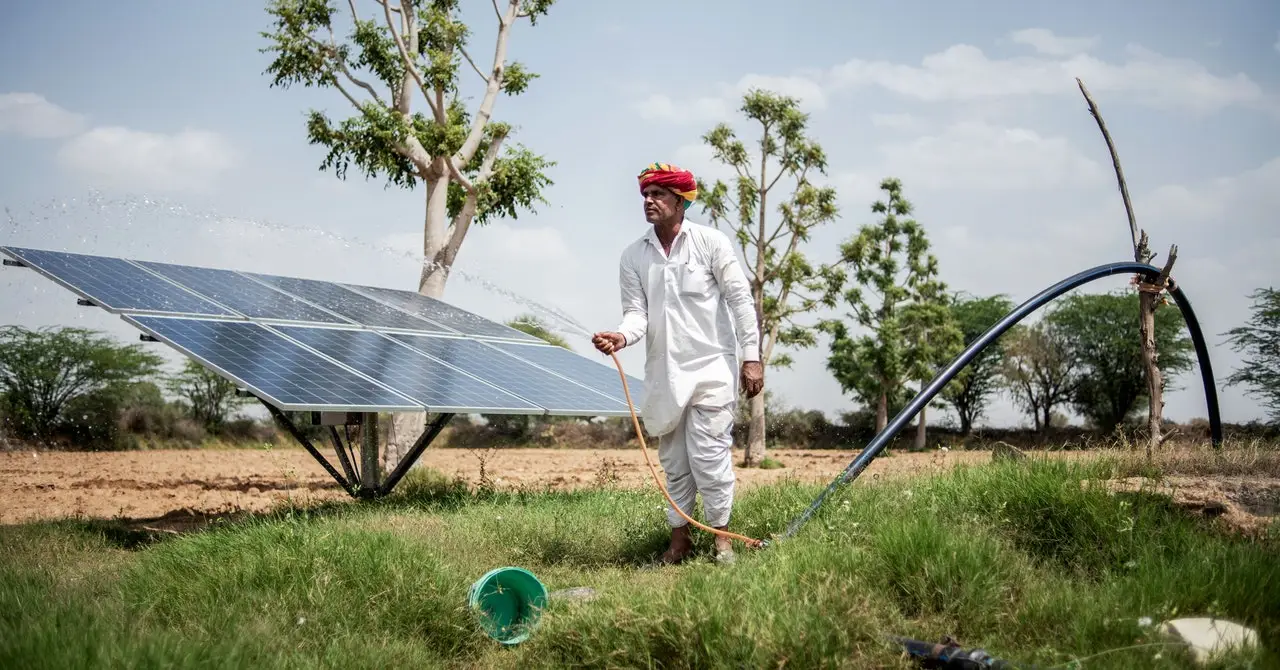- cross-posted to:
- technology@lemm.ee
- cross-posted to:
- technology@lemm.ee
Solar pumps are spreading rapidly among rural communities in many water-starved regions across India, Africa, and elsewhere. These devices can tap underground water all day long at no charge, without government scrutiny.
For now, they can be great news for farmers, with the potential to transform agriculture and improve food security. The pumps can supply water throughout the daylight hours, extending their croplands into deserts, ending their reliance on unpredictable rains, and sometimes replacing existing costly-to-operate diesel or grid-powered pumps.
But this solar-powered hydrological revolution is emptying already-stressed underground water reserves—also known as groundwaters or aquifers. The very success of solar pumps is “threatening the viability of many aquifers already at risk of running dry,” Soumya Balasubramanya, an economist at the World Bank with extensive experience of water policy, warned in January.
An innovation that initially looked capable of reducing fossil-fuel consumption while also helping farmers prosper is rapidly turning into an environmental time bomb.



And where populations are shrinking all we hear is breed more to save the economy
Crazy part is I read Africa’s pop is going to double over next 35 years. Is that even sustainable in that region? North America and eruope are already getting tons of migration because of the current condition living there. Maybe they need more birth controls to reduce the resouce needs.
No it’s about bringing in immigrants to keep wages down and house prices up.
For the economy. It’s all for the economy. Profits must grow. House prices can only go up. GDP is the only metric that matters.
I can understand why some people just want to burn it all down.